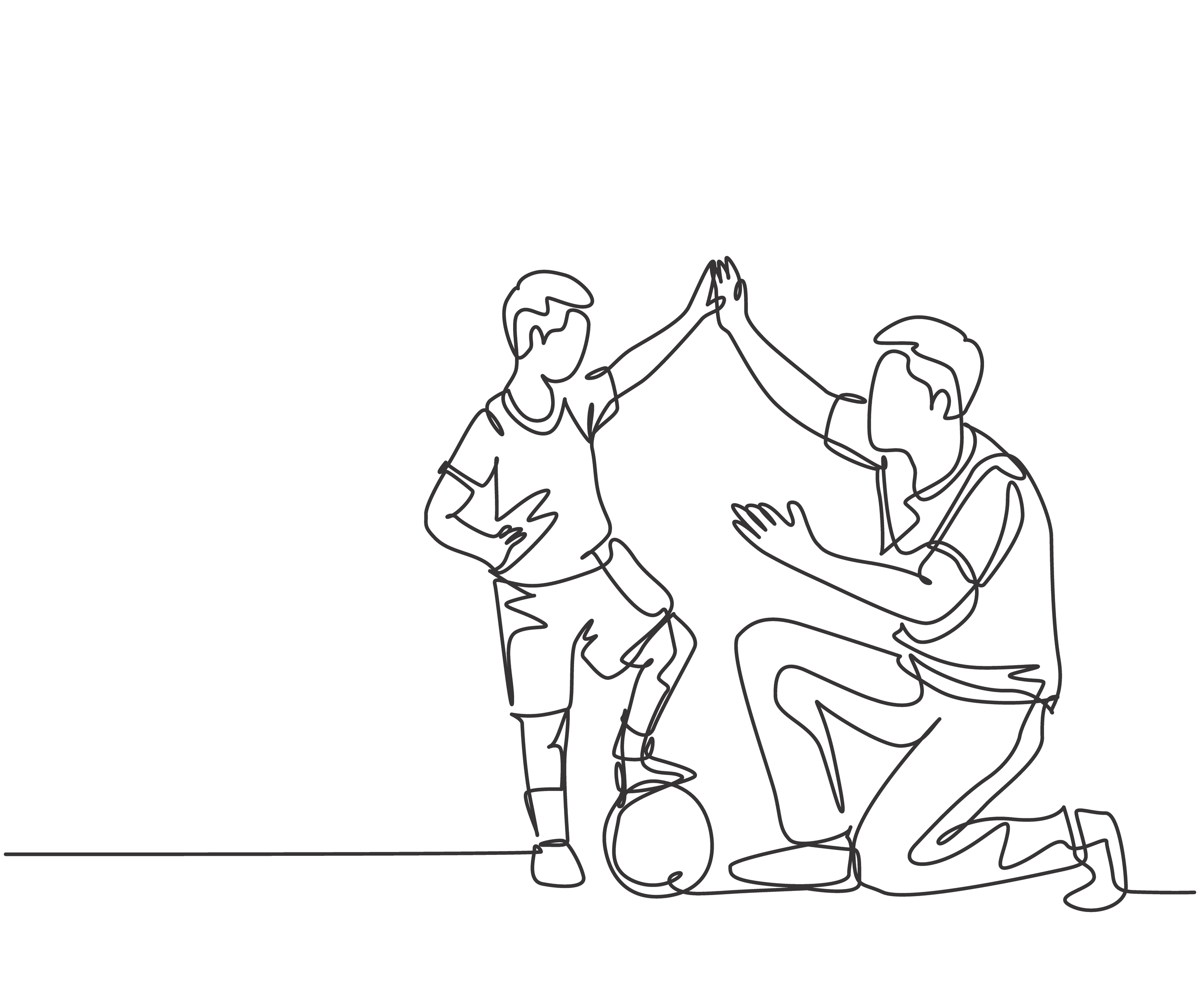Ask Us Anything!
Whether you are looking for advice, have a general question, are looking for resources, or a therapist - we are here to help!
What are Sensory Processing Disorders?
Sensory processing disorders are conditions that change how a person feels and reacts to things they see, hear, touch, taste, or smell. These disorders often happen with conditions like autism or ADHD, but they can also happen to people who don’t have any other diagnosis.
How do I know if my child needs pediatric physical therapy?
You can tell if your child might need physical therapy by watching how they grow and move. If your child is late in learning to crawl, walk, or run, or has trouble with balance, coordination, or moving their body, it’s a good idea to talk to a physical therapist. Also, if your child has trouble doing everyday things, often says they have pain, or finds it hard to play sports or games, they might need help. Getting help early can make a big difference, so if you’re worried about how your child is growing or moving, ask a professional for advice.
How can Speech Therapy help my child?
Speech therapy can really help kids who have trouble with talking, understanding language, or swallowing. A speech-language pathologist (SLP) checks what your child needs and creates a plan to help. If your child has trouble saying sounds or words, speech therapy uses special exercises to make their speech clearer. If your child is slow to learn language, an SLP can help them learn new words, understand what others say, and speak better. This helps with making friends and doing well in school.
Speech therapy also helps kids who have trouble with social skills, like taking turns when talking or reading body language, so they can get along better with others. For kids who have trouble swallowing, therapists teach exercises to make swallowing safer and easier.
Overall, speech therapy helps kids talk and connect with others better, which builds their confidence and helps them feel happier and more included.
How can pediatric therapy support my child?
Pediatric therapy is very helpful for kids who have problems with their body, feelings, or learning. It includes different kinds of therapy like physical, occupational, and speech therapy made just for children. A skilled therapist looks at what your child needs and makes a special plan to help them get better.
For example, if your child has trouble with moving or using their muscles, physical therapy can help them get stronger and more coordinated. If your child finds it hard to talk or make friends, speech therapy can help them talk better and understand others.
Pediatric therapy not only helps with these problems but also helps kids grow, feel more confident, and proud of what they can do.
What is pediatric Occupational Therapy?
Pediatric occupational therapy (OT) helps kids learn important skills they need for everyday life and fun activities. These skills include things like dressing themselves, brushing their hair, feeding themselves, playing, and learning at school. Occupational therapists look at what each child can do and what they find hard. They think about how the child is growing, their body skills, how they handle senses, and how they get along with others.
Therapists use special activities to help kids improve, like exercises for hand skills, ways to make school easier, or techniques to help with sensory problems. Pediatric OT helps kids become more independent and able to do more on their own. It also helps them feel more confident, happy, and ready to take on the world.
Check Out Our Therapist Database
Find a physical, occupational, or speech therapist that fits your needs and book a consultation!






















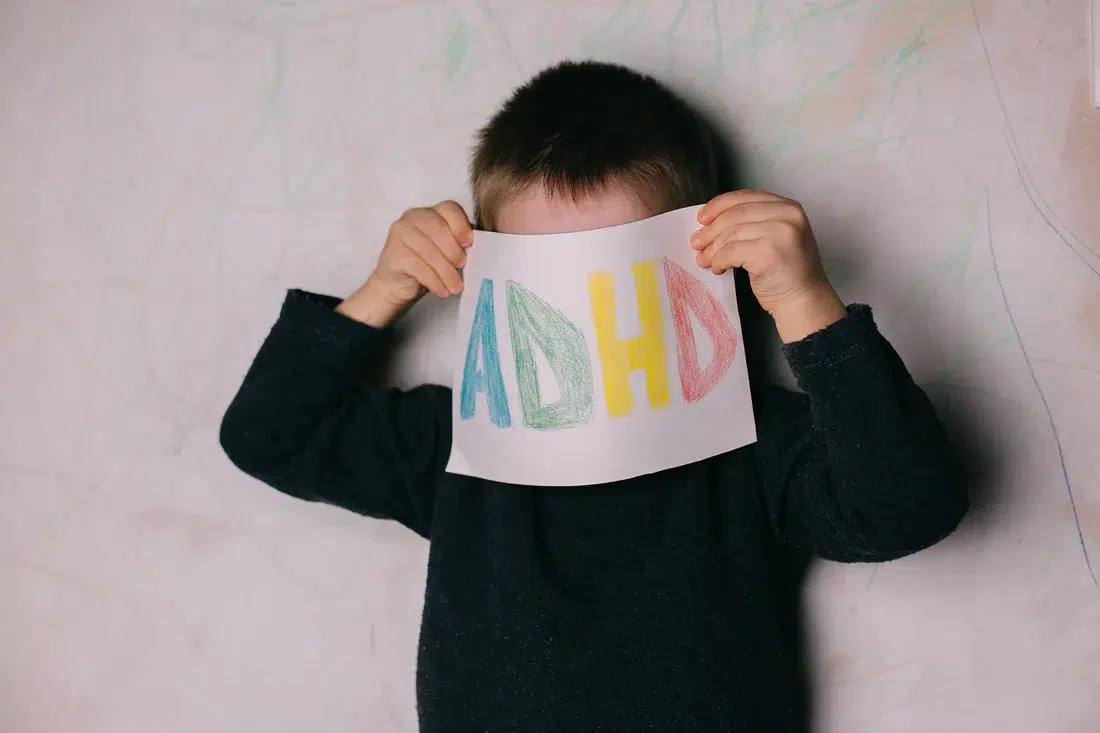




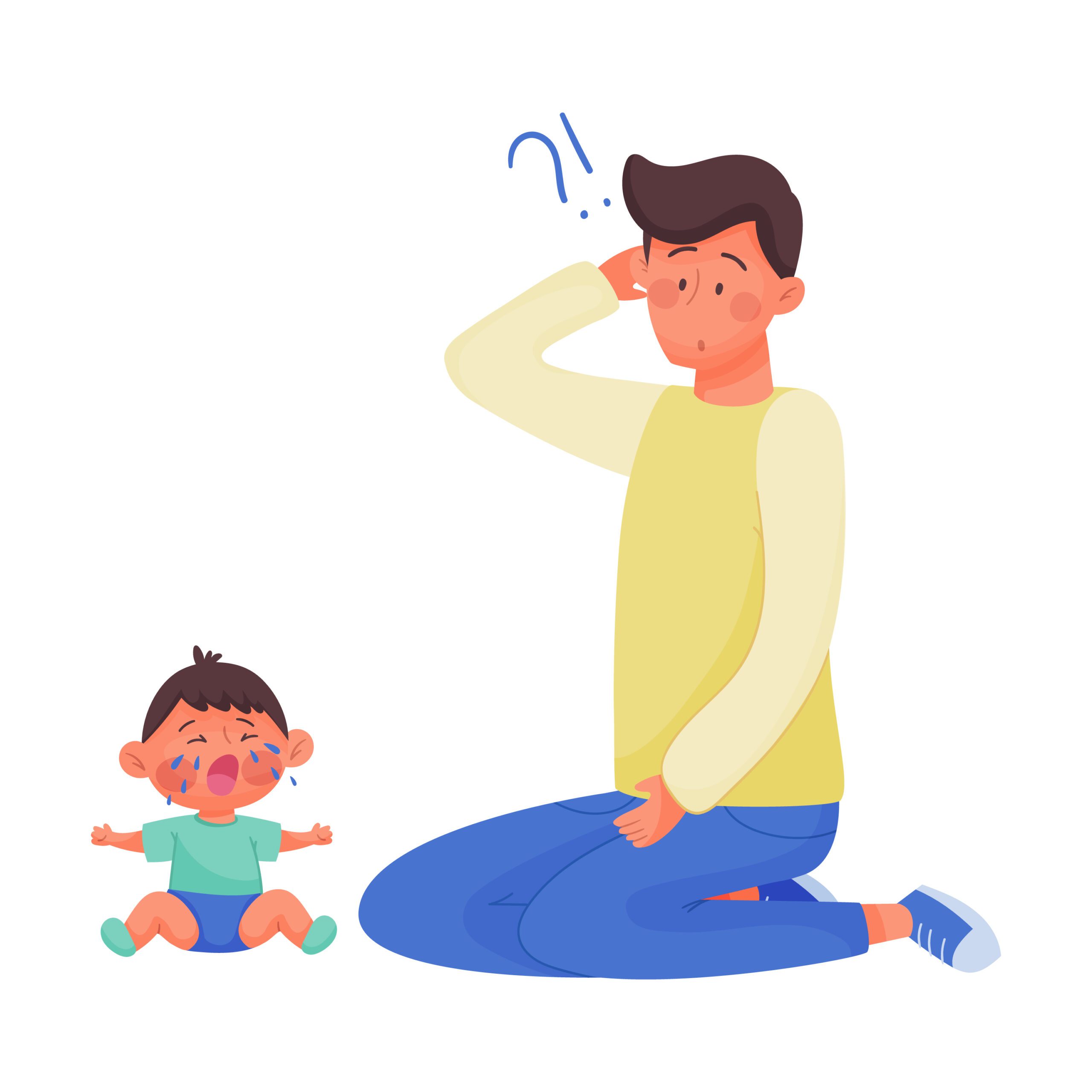
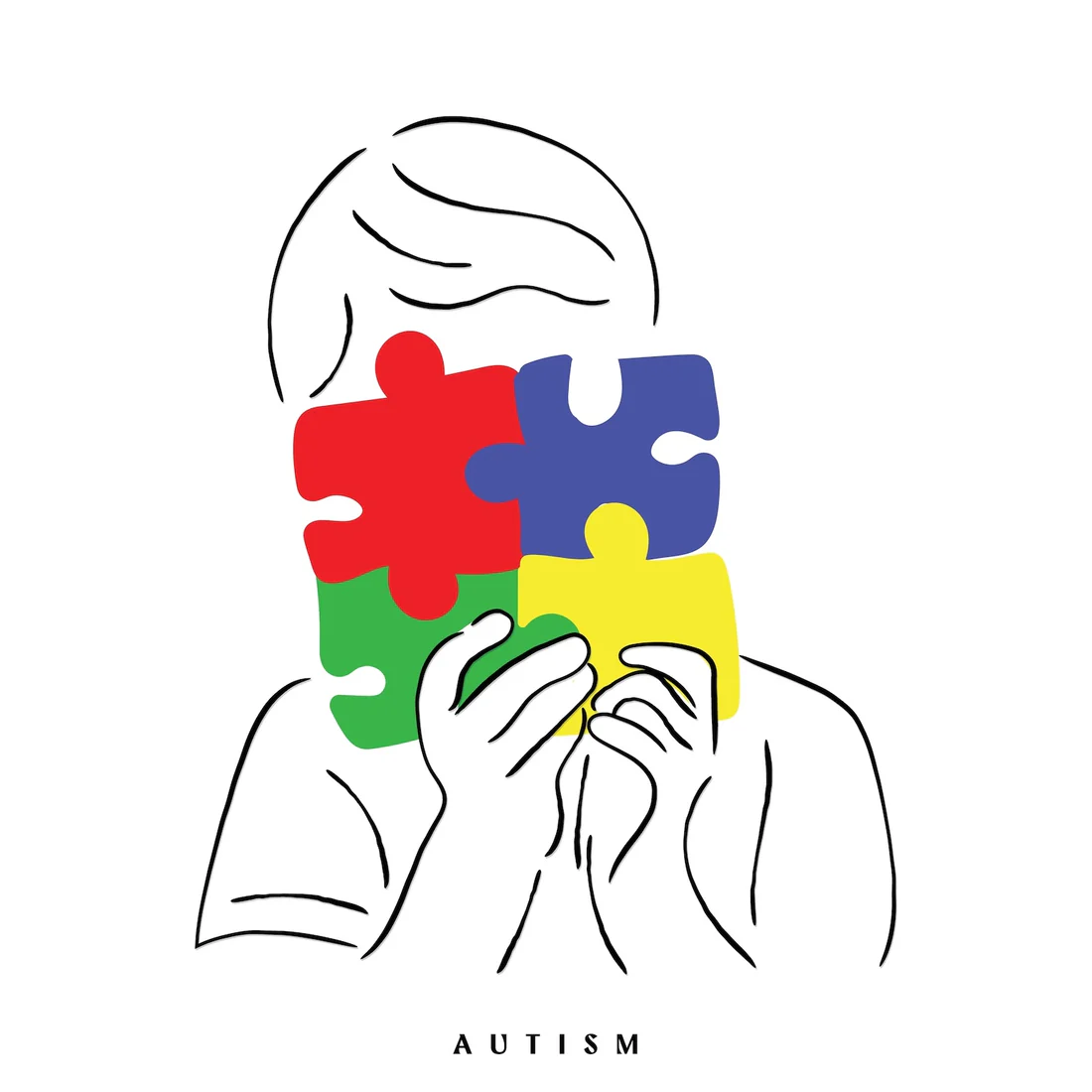
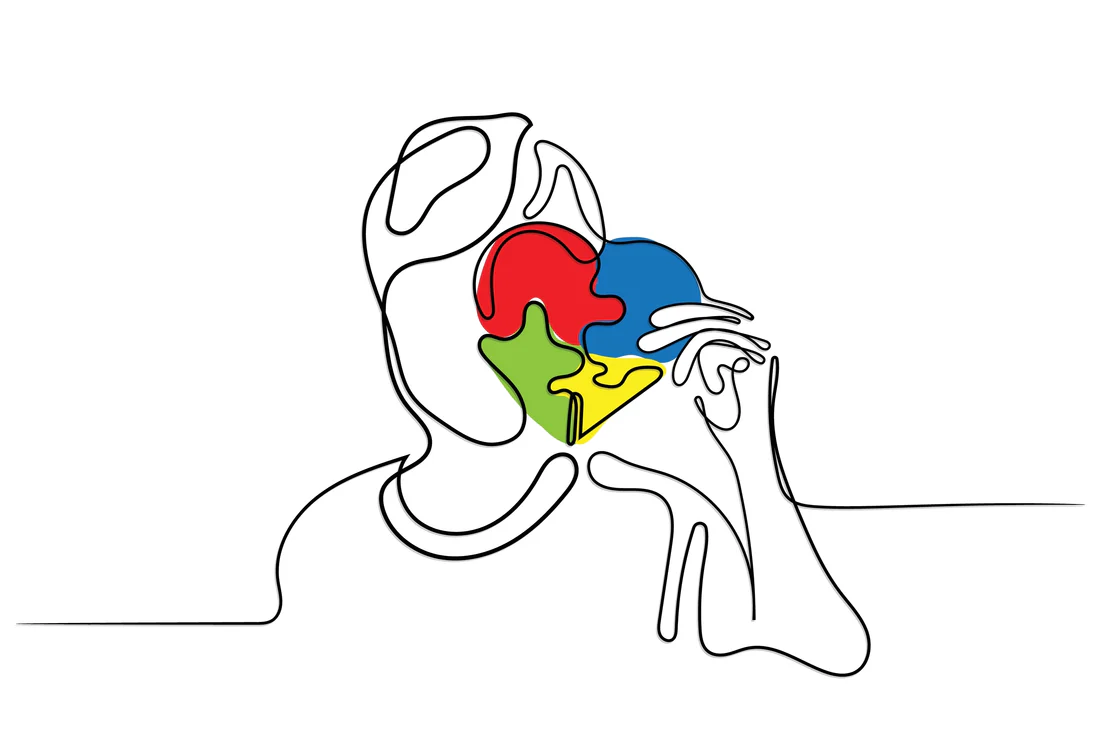










 See Therapist Database
See Therapist Database Speech Therapy
Speech Therapy Physical Therapy
Physical Therapy Occupational Therapy
Occupational Therapy


